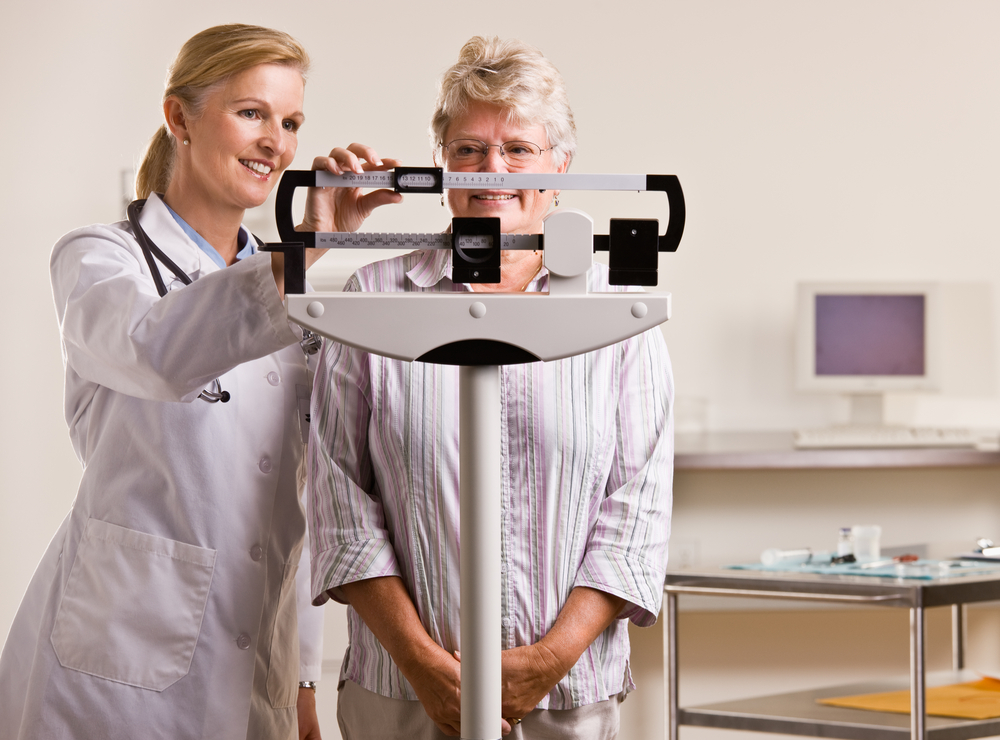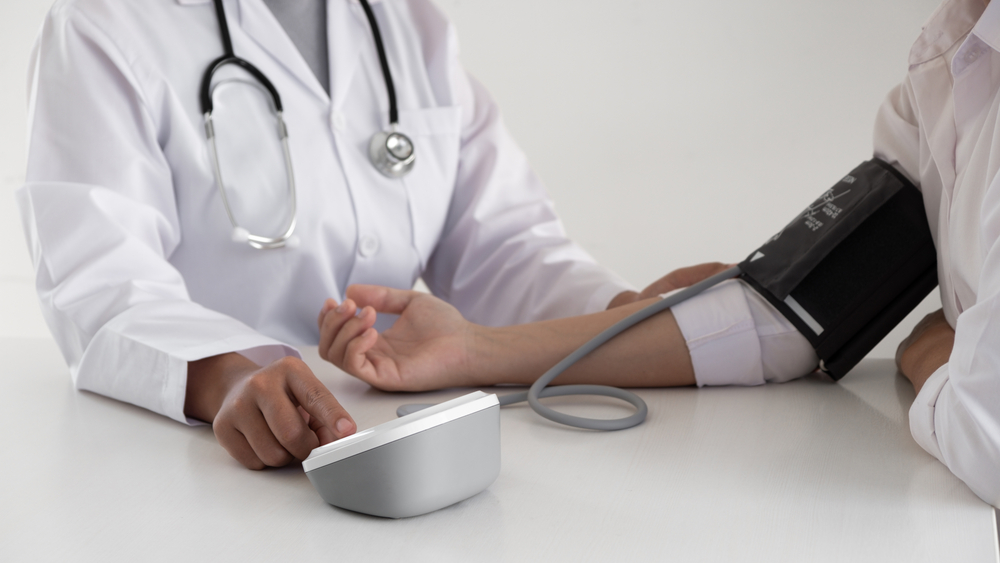Your annual review

There are a variety of checks your doctor or nurse will do either during the year or at your annual review. These may include blood tests to check your HbA1c, kidney function, thyroid function, cholesterol, blood pressure as well as foot, eye and kidney screening we will discuss in the next section. These tests show how well your diabetes is controlled, as well as calculating your risk of complications in the future. The results of these tests may require changes to your treatment. These tests are explained in more detail below:
Height and weight

Measuring your height and weight allows your Body Mass Index (BMI) to be calculated. BMI is a useful indicator of your risk for a variety of potential medical problems, such as heart disease or stroke.
Blood pressure

You may not have any symptoms to indicate your blood pressure (or BP) is high; this is why regular monitoring of blood pressure is important. In type 2 diabetes high blood pressure is more common than the general population and may even be present prior to the diagnosis of diabetes.
BP targets should be 140/80 or 130/80 mmHg (if you have kidney, eye, or disease affecting the blood vessels in the brain). This is important as high BP is a significant risk factor for stroke and heart disease. However, BP targets are individual and depend on the presence of diabetes complications (kidney, eye and cardiovascular) and other conditions like postural hypotension (a drop in BP when you change position from lying flat or sitting to standing up).
Blood tests
HbA1c
HbA1c is a measurement of the average blood glucose levels over the last three months.
Blood fats (cholesterol)
All individuals with diabetes who are over 40 years of age should be considered for medication to lower their blood cholesterol. Statins are the most widely used medication.
All patients with diabetes should be encouraged to reduce the amount of fat in their diet, especially if cholesterol is high. Your dietician can give you advice about this. Below are some reasonable targets for cholesterol – the general principle is the lower the better!
- Total cholesterol under 4 mmol/L
- Triglycerides under 2.3 mmol/L
- High density lipoprotein over 1 mmol/L
- Total Chol/HDL ratio under 3.5 mmol/L
- Low density lipoprotein under 2 mmol/L
Kidney function tests
Urea and electrolytes are a kidney test that we do to make sure the kidneys are functioning properly. This can help us to detect any early signs that may tell us if diabetes is affecting your kidneys. Additionally, your urine may be tested for microalbuminuria which can be a sign of diabetes affecting the kidneys.
Thyroid function tests
You may have your thyroid function checked.



Leave a Reply
You must be logged in to post a comment.